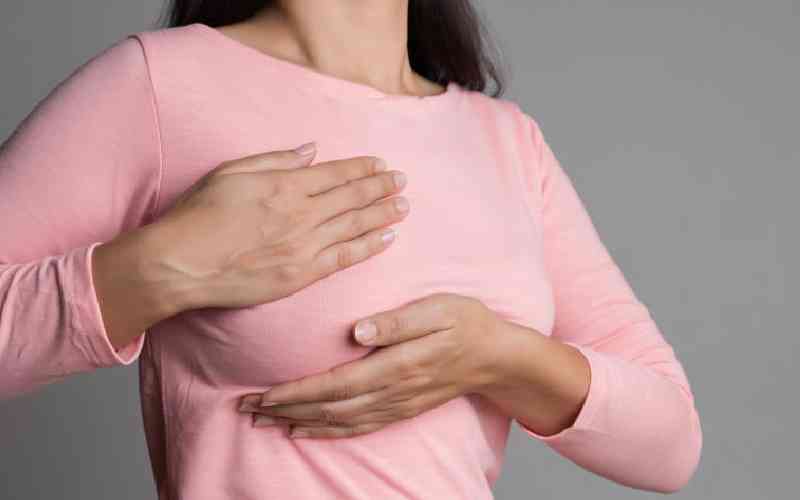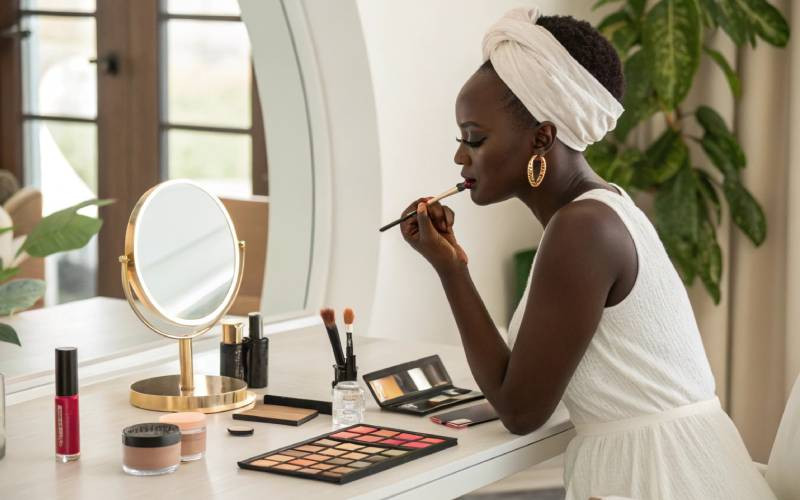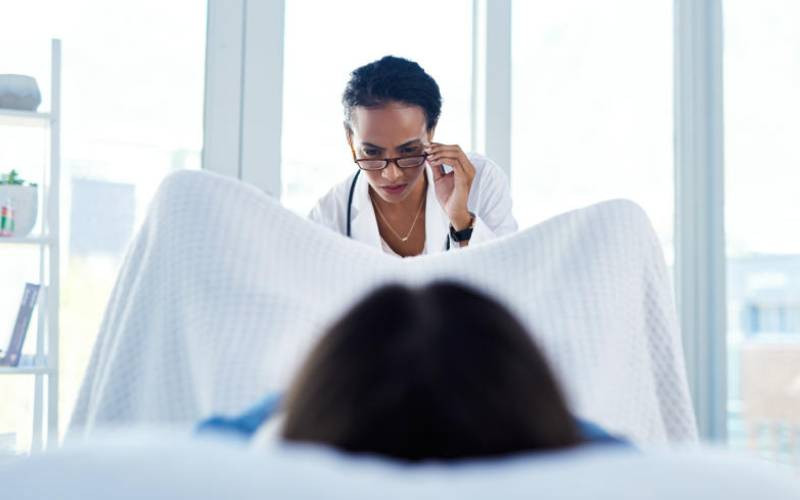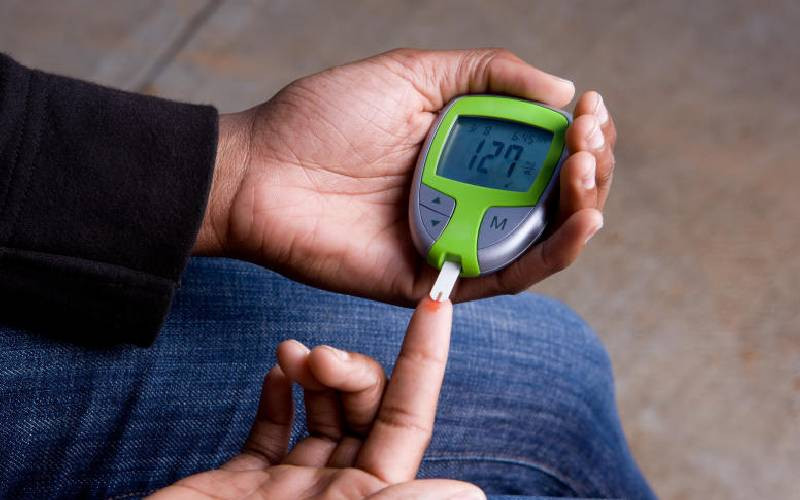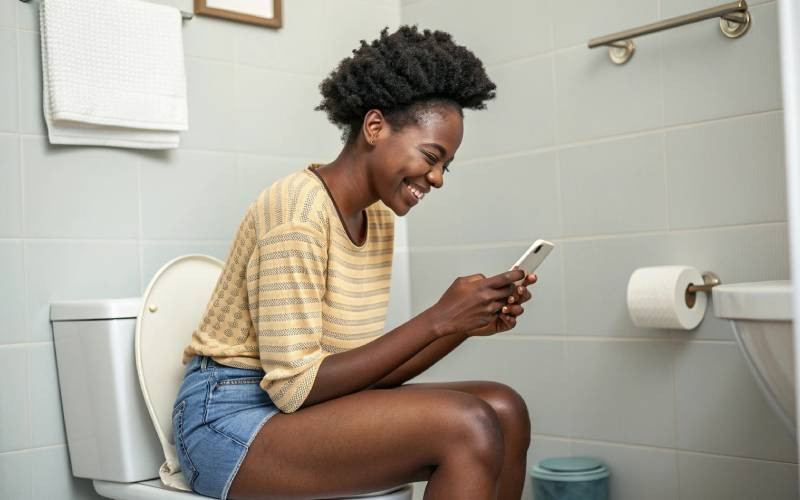
This is no time to be squeamish; your bodily functions are actually crucial health indicators…
We Brits tend to keep tight lipped about our trips to the loo. While we’ll happily chat about diet and the things we put in our bodies, we shouldn’t overlook the things that come out of it!
The colour, consistency and smell of our poo and wee can be early signs of whether there’s something wrong with us…
The brown stuff
Poos are predominantly water based, composed of fibre and bacteria, cells and mucus.
But who knew poo could be categorised? Or that there was a ‘perfect’ kind we should aspire to doing?
"One of the key questions I ask clients is about their bowel movements,"explains award-winning nutritionist Deborah Walker. "It’s important to keep things moving in your body; what goes in has to be able to get out, otherwise the long term effects can be serious."
How often should you go?
Conventionally, we’ve been led to believe going for a ‘number two’ should be a daily, or every other day, occurrence. However, Deborah says you should actually be aiming to use the toilet about 20 minutes after your meals. That’s right – three times a day! "Any less than that and you have a level of constipation," she says.
Why is constipation so bad?
We’ve all experienced uncomfortable bloating when we’re unable ‘to go’. But constipation affects the healthy bacteria in your gut; creating inflammation, and leading to weight gain and hormone imbalances. "Your immunity can be affected, as well as your ability to think clearly," adds Deborah. "So it’s important to get the bowel moving at least daily."
What can you do to stay regular?
? Eat a balanced diet. Natural wholefoods, fruit and veg are all crucial to ‘eliminating’ effectively.
? Raw foods travel through your system faster than protein, which can take 18-72 hours to pass.
? Chewing gum, fizzy drinks and sweeteners can all act as irritants and should be avoided.
? Some medications can make you blocked up, so you may need to adjust your diet to prevent this happening. The more fibre and water-rich foods (like vegetables) you eat, the more bulky your stools will be.
? Exercise keeps everything moving – so less sitting, more standing or walking!
? Drink more water.
? Stress messes with your gut, so find ways to stay calm.
Which poo do you do?
When doctors at a Bristol hospital found patients were reluctant to describe their faeces, medics devised the Bristol Stool Form Scale. The handy chart is now used all over the world to help patients open up (excuse the pun) with less embarrassment.

The perfect poo
What you should be looking for...
Type Four (above) is a sign of a healthy colon, but anything from Three to Five is acceptable. Poos should glide out smoothly, be light to medium brown, cause no discomfort, and be in one long shape. Movement should happen soon after you sit down, and if there is any sign of blood in the stool, see your GP immediately as it could be an indicator of cancer.
The yellow stuff
Clear
You’re probably drinking too much water. Diuretic drugs - often used to treat blood pressure – can have this effect. Or it’s sometimes seen in athletes who over-hydrate after exercise.
White/Cloudy
A diet very high in phosphate-rich foods (eg milk, cheese, liver and kidney) can cause hazy wee. Or after sex a man’s urine can look cloudy from semen being pushed into the urethra. But if it continues, see your GP to rule out a bacterial infection.
Straw/pale yellow
This is the ideal, a sign of someone well hydrated. In a healthy urine sample, 96 percent is water and the remainder is waste products –salt, hormones and minerals which pass through the kidneys.
Bright yellow
Are you taking vitamin pills? Some supplements contain more B and C vitamins than the body can digest in one dose. Asparagus can do this too. Don’t worry, it’s not harmful.
Foaming or fizzing
Harmless if it’s occasional, but it could indicate a kidney problem.
Amber
Morning wee is the darkest as our kidneys work overnight continuing to pass fluid to the bladder even though you haven’t drunk anything in your sleep. Too much salty food can also cause this. And toddlers may be affected if they are too heavily weaned on foods containing beta-carotene, like carrots and sweet potatoes.
Brown
Laxatives can do this or, bizarrely, overdoing the broad beans. If it persists, though, see your GP to rule out liver disease.
Blue/Green
There is a rare genetic disease that has this alarming side affect, but it’s more likely you’ve eaten large amounts of a food dyed blue.
Pink
Beetroot and berries can make your wee a rosy hue, but more reddish urine can be a sign of blood in the urine which can be an indicator of cancer. Have it checked.
Finally...
You cannot see the levels of sugar in your urine (which might indicate diabetes), and blood in the urine (a possible sign of cancer) is also often invisible to the naked eye. If you are at all worried, there is no substitute for taking a sample to a doctor.
 The Standard Group Plc is a multi-media organization with investments in media
platforms spanning newspaper print
operations, television, radio broadcasting, digital and online services. The
Standard Group is recognized as a
leading multi-media house in Kenya with a key influence in matters of national
and international interest.
The Standard Group Plc is a multi-media organization with investments in media
platforms spanning newspaper print
operations, television, radio broadcasting, digital and online services. The
Standard Group is recognized as a
leading multi-media house in Kenya with a key influence in matters of national
and international interest.





